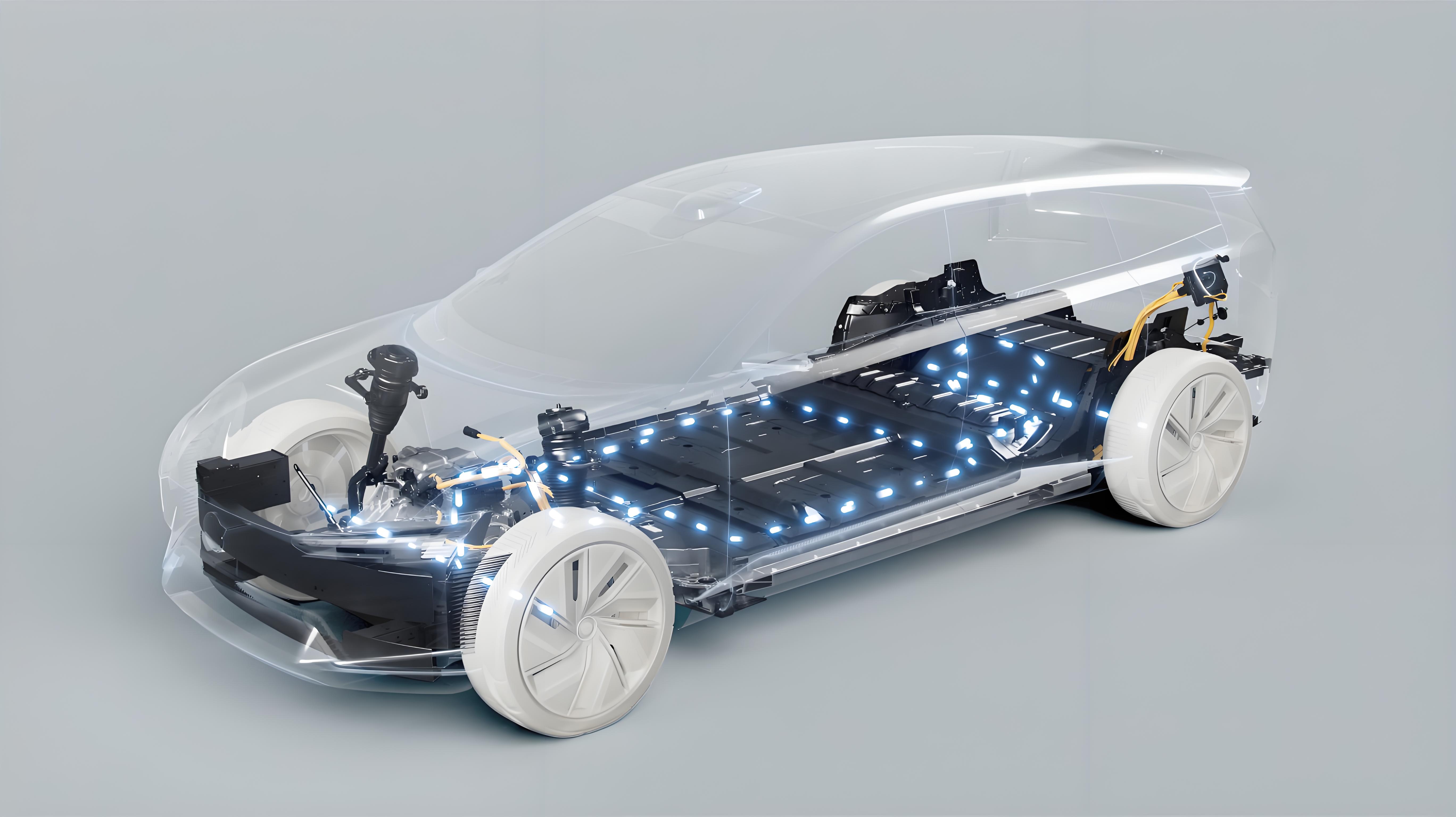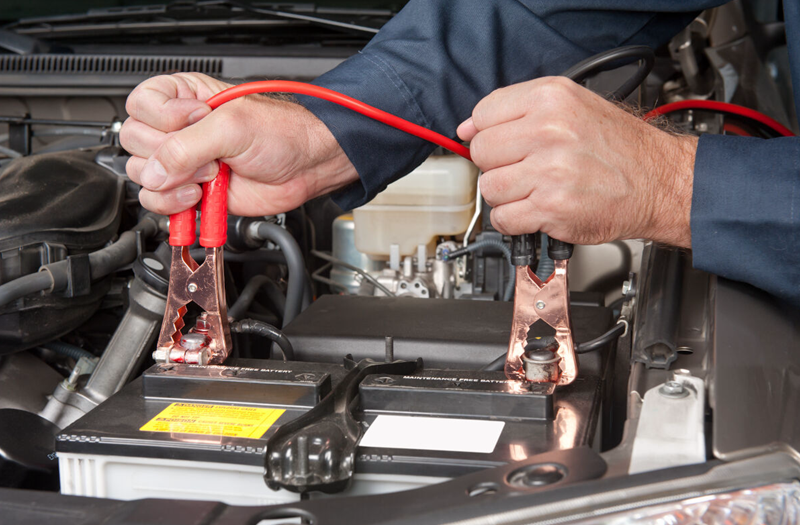Revolutionizing the Energy Industry: The Impact of Smart Grids and Lithium Batteries
In recent years, there has been a growing concern about the need to transition towards cleaner and more sustainable sources of energy. With the increasing demand for electricity and the urgency to reduce greenhouse gas emissions, the energy industry has been forced to explore new technologies and innovations. Two of the most promising advancements that are revolutionizing the energy industry are smart grids and lithium batteries.
Smart grids are a modernized version of the traditional electrical grid system. They incorporate advanced communication and automation technologies to optimize the generation, distribution, and consumption of electricity. By utilizing a network of sensors, meters, and control devices, smart grids enable real-time monitoring and management of energy flow. This allows for better coordination between power plants, renewable energy sources, and consumers, resulting in improved efficiency and reliability.
One of the key benefits of smart grids is their ability to integrate renewable energy sources into the grid. Traditional grids were designed to accommodate centralized power plants that rely on fossil fuels. However, with the increasing adoption of solar and wind energy, the generation of electricity is becoming more decentralized. Smart grids are capable of handling the variability and intermittency of renewable energy sources by dynamically adjusting the distribution and consumption of electricity. This not only reduces reliance on fossil fuels but also promotes the use of clean energy.
Lithium batteries, on the other hand, have emerged as a game-changer in the energy storage sector. Lithium-ion batteries, in particular, have gained popularity due to their high energy density, long cycle life, and fast charging capabilities. These batteries are widely used in portable electronic devices, electric vehicles, and now, in grid-scale energy storage systems.
The integration of lithium batteries into the energy industry has several advantages. Firstly, it enables better utilization of renewable energy. Energy generated from solar panels or wind turbines can be stored in lithium batteries during periods of low demand and released during peak hours. This reduces the need for backup power plants fueled by fossil fuels and allows for a more efficient use of clean energy.
Secondly, lithium batteries enhance grid stability and reliability. They provide a reliable source of power during blackouts or grid failures, ensuring uninterrupted electricity supply to critical infrastructure and residential areas. Additionally, they help balance the supply and demand of electricity, reducing the risk of power outages and grid instability.
Furthermore, lithium batteries facilitate the electrification of transportation. As the world moves towards a greener future, the demand for electric vehicles is increasing rapidly. Lithium batteries enable long-range driving, fast charging, and improved performance of electric vehicles, making them a viable alternative to traditional internal combustion engine vehicles. This not only reduces greenhouse gas emissions but also decreases our dependence on fossil fuels.
Despite these numerous benefits, there are still challenges that need to be addressed for the widespread adoption of smart grids and lithium batteries. One major hurdle is the cost. While the prices of lithium batteries have been decreasing steadily, they still remain relatively expensive compared to traditional energy storage options. Additionally, the installation and infrastructure costs associated with smart grids can be significant.

Another challenge is the need for regulations and policies that support the integration of these technologies. Governments and regulatory bodies need to incentivize the deployment of smart grids and lithium batteries through financial incentives and favorable policies. This will encourage investment in research and development, promote innovation, and accelerate the transition towards a cleaner and more sustainable energy future.
In conclusion, smart grids and lithium batteries are revolutionizing the energy industry by enabling the integration of renewable energy sources, enhancing grid stability, and promoting the electrification of transportation. While there are challenges to overcome, the potential benefits are significant. With continued advancements in technology, increased investment, and supportive policies, smart grids and lithium batteries have the power to reshape the energy landscape and pave the way towards a more sustainable future.
-
 Մեկնարկային մարտկոցի գնահատված հզորությունը ցույց է տալիս էներգիայի քանակությունը, որը մարտկոցը կարող է կուտակել և մատակարարել մեքենայի շարժիչը գործարկելու համար: Այս հզորությունը սովորաբար չափվում է ամպեր-ժամերով (Ah) և ցույց է տալիս հոսանքի քանակությունը, որը մարտկոցը կարող է տրամադրել որոշակի ժամանակահատվածում: Մեկնարկային մարտկոց ընտրելիս կարևոր է ընտրել...Կարդալ ավելին
Մեկնարկային մարտկոցի գնահատված հզորությունը ցույց է տալիս էներգիայի քանակությունը, որը մարտկոցը կարող է կուտակել և մատակարարել մեքենայի շարժիչը գործարկելու համար: Այս հզորությունը սովորաբար չափվում է ամպեր-ժամերով (Ah) և ցույց է տալիս հոսանքի քանակությունը, որը մարտկոցը կարող է տրամադրել որոշակի ժամանակահատվածում: Մեկնարկային մարտկոց ընտրելիս կարևոր է ընտրել...Կարդալ ավելին -
 Introduction: In the era of portable electronic devices, such as smartphones, laptops, tablets, and smartwatches, the demand for longer battery life and faster charging has become increasingly crucial. Lithium-ion batteries have emerged as the preferred choice due to their high energy density, lightweight, and long cycle life. This article will explore the advancements in lithium battery technology that have revolutionized...Կարդալ ավելին
Introduction: In the era of portable electronic devices, such as smartphones, laptops, tablets, and smartwatches, the demand for longer battery life and faster charging has become increasingly crucial. Lithium-ion batteries have emerged as the preferred choice due to their high energy density, lightweight, and long cycle life. This article will explore the advancements in lithium battery technology that have revolutionized...Կարդալ ավելին -
 In recent years, the off-road industry has seen a significant shift towards electric vehicles. Among these, UTVs (Utility Task Vehicles) have gained immense popularity due to their versatility and ruggedness. However, the biggest challenge faced by UTV enthusiasts is finding a reliable and long-lasting power source. Traditional lead-acid batteries have long been the go-to option, but they come with limitations...Կարդալ ավելին
In recent years, the off-road industry has seen a significant shift towards electric vehicles. Among these, UTVs (Utility Task Vehicles) have gained immense popularity due to their versatility and ruggedness. However, the biggest challenge faced by UTV enthusiasts is finding a reliable and long-lasting power source. Traditional lead-acid batteries have long been the go-to option, but they come with limitations...Կարդալ ավելին -
 With the advancements in technology, the medical industry has seen significant improvements in the quality and efficiency of medical equipment. One key factor driving these improvements is the use of lithium batteries as a power source. Lithium batteries have revolutionized the medical field by providing a reliable and portable energy solution for various medical devices. In this article, we will...Կարդալ ավելին
With the advancements in technology, the medical industry has seen significant improvements in the quality and efficiency of medical equipment. One key factor driving these improvements is the use of lithium batteries as a power source. Lithium batteries have revolutionized the medical field by providing a reliable and portable energy solution for various medical devices. In this article, we will...Կարդալ ավելին -
 The world of marine adventures is a thrilling and exhilarating one. Whether you are sailing across the vast oceans, cruising along the serene rivers, or enjoying a peaceful fishing trip on a lake, the marine world has something for everyone. However, to truly enjoy and explore this adventurous realm, it is essential to have a reliable starting battery that can...Կարդալ ավելին
The world of marine adventures is a thrilling and exhilarating one. Whether you are sailing across the vast oceans, cruising along the serene rivers, or enjoying a peaceful fishing trip on a lake, the marine world has something for everyone. However, to truly enjoy and explore this adventurous realm, it is essential to have a reliable starting battery that can...Կարդալ ավելին -
 Today, as the electric vehicle industry is booming, lithium-ion automotive batteries play an important role as the core power source. This article will provide an in-depth analysis of the technical composition, performance characteristics, and current market conditions of lithium-ion automotive batteries, but will not cover specific application areas, innovative technologies, and future prospects. Technical Composition Lithium-ion automotive batteries are mainly...Կարդալ ավելին
Today, as the electric vehicle industry is booming, lithium-ion automotive batteries play an important role as the core power source. This article will provide an in-depth analysis of the technical composition, performance characteristics, and current market conditions of lithium-ion automotive batteries, but will not cover specific application areas, innovative technologies, and future prospects. Technical Composition Lithium-ion automotive batteries are mainly...Կարդալ ավելին -
 Ներածություն. Վերջին տարիներին արագ առաջընթաց է գրանցվել ռոբոտաշինության ոլորտում, մասնավորապես՝ խելացի շարժական ռոբոտների մշակման ոլորտում: Այս ռոբոտները գնալով ավելի տարածված են դառնում տարբեր ոլորտներում՝ արտադրությունից և լոգիստիկայից մինչև առողջապահություն և գյուղատնտեսություն: Հիմնական գործոններից մեկը, որը նպաստում է այս ռոբոտների արդյունավետությանը և աշխատանքին, էներգիայի աղբյուրն է, որը նրանք...Կարդալ ավելին
Ներածություն. Վերջին տարիներին արագ առաջընթաց է գրանցվել ռոբոտաշինության ոլորտում, մասնավորապես՝ խելացի շարժական ռոբոտների մշակման ոլորտում: Այս ռոբոտները գնալով ավելի տարածված են դառնում տարբեր ոլորտներում՝ արտադրությունից և լոգիստիկայից մինչև առողջապահություն և գյուղատնտեսություն: Հիմնական գործոններից մեկը, որը նպաստում է այս ռոբոտների արդյունավետությանը և աշխատանքին, էներգիայի աղբյուրն է, որը նրանք...Կարդալ ավելին

